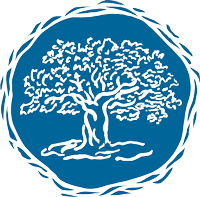The Orlando Project is an ongoing feminist experiment in the use of computers to engage in literary history.
The peer-reviewed textbase it produces, Orlando: Women’s Writing in the British Isles from the Beginnings to the Present, is a highly dynamic resource based on the original, collaborative research of more than 100 scholars and co-edited by Susan Brown, Patricia Clements, and Isobel Grundy. It has grown and changed since its launch in 2006: new and revised textbase entries, along with bibliography entries, are published twice a year.
Orlando includes entries on the lives and writing careers of more than 1300 writers, linked together with a great deal of contextual historical material on relevant subjects, such as the law, economics, science, education, medicine, politics. The unique structure and searchability of Orlando allows readers to engage with its encoded writing in a wide range of configurations. It is open to the serendipities of productive browsing, but is also designed for searchers with a specific agenda — that is, for answering precise, complex questions. It is used by researchers, students, and readers with an interest in literature, women’s writing, or cultural history more generally.
A new phase of Orlando Project activity, called Orlando 2.0, is underway. Orlando's migration to the CWRC platform marks the beginning of its new production system and expansion of its contributor base. CWRC's production infrastructure includes CWRC-Writer, an open-source, in-browser text markup editor for use in collaborative scholarly editing projects. It is one of the tools Orlando will use to update existing entries and create new ones as the textbase continues to grow, along with systems for managing links and workflow. These changes enable current team members to begin to train interested scholars to become Orlando contributors, allowing the project to draw members of our most dedicated group of scholarly experts in women’s writing into the position of collaborators and digital producers.

